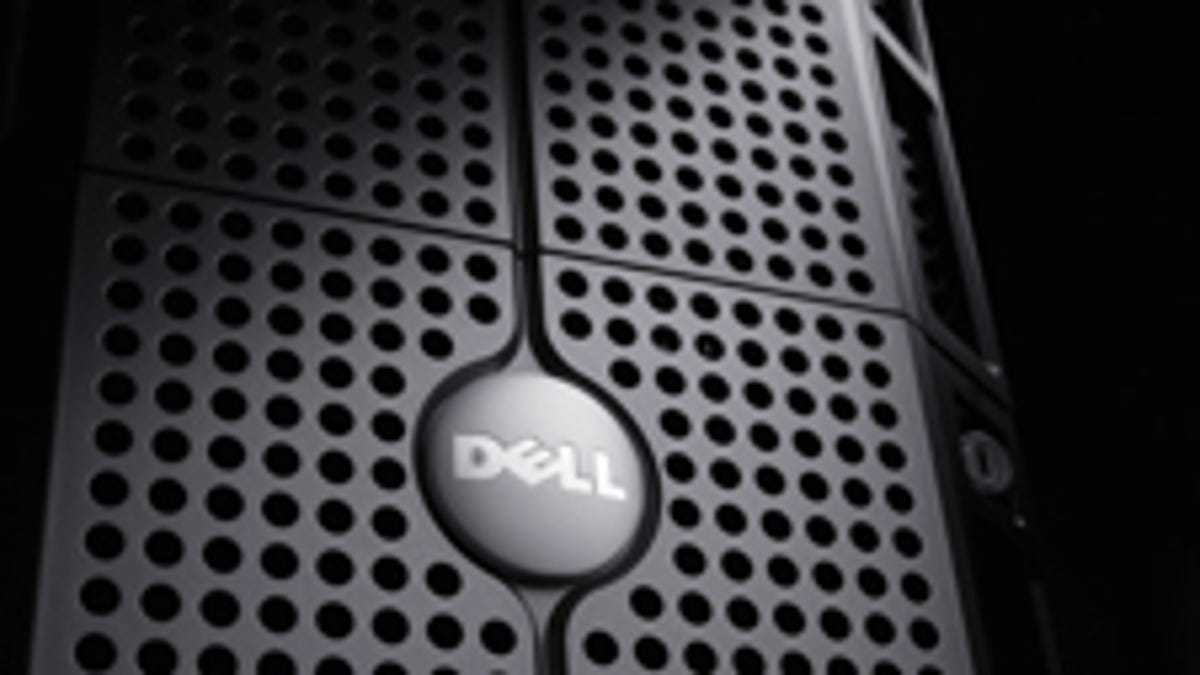Think of Dell as a storage portfolio player
Dell went on a storage-buying spree last year. Do the piece parts now add up to a broader and well-integrated storage vision?
Last year, Dell went on a storage buying spree. Dell took in Exanet for clustered, multiplatform NAS, Ocarina Networks for extensible, cross platform data compression and deduplication, capped-off with an announced agreement to acquire Compellent's virtualized storage arrays and Fluid Data technology, which closed last month. All tallied, I estimate Dell spent nearly $1 billion last year to flesh-out its storage portfolio, which also includes its EqualLogic virtualized storage arrays and PowerVault systems.
Dell storage executives now believe they have the goods to compete head-on with the major storage players (including EMC) in the following market segments:
Virtualized disk storage arrays
Dell will position EqualLogic for small-medium businesses, while Compellent's modular array platform will extend Dell's reach upward into the small to medium-sized enterprise data center space. Look for Dell to add more scalable, higher-end arrays to the current Compellent Fluid Data line. Both platforms will be "unified" with regard to the ability to attach to either Ethernet or Fibre Channel-based SANs. Over time, both will feature Ocarina data compression and deduplication for primary storage with the ability to replicate deduplicated data locally and offsite for data protection and business continuance purposes.
Highly scalable NAS
Look for Dell to introduce a highly scalable NAS platform that integrates the Exanet file system with Ocarina's content-aware data compression and data deduplication technologies. This platform will be positioned as Dell's entry into the accelerating opportunity for scalable, rich content file-based NAS platforms (think HP Ibrix, IBM SoNAS, and EMC Isilon) as well as the secondary storage market for disk-based data protection and object based archive.
The cloud
Dell will offer both server and storage-based platforms that include the Ocarina data compression and deduplication technology to cloud services providers. This technology could also be licensed to cloud services providers on a stand-alone basis. The net result is that data would be bi-directionally transferred between the services provider and its customers in deduplicated form thereby reducing connectivity and bandwidth costs.
One could make that observation that a software-based data mover for data protection and archive applications would also fit in, leading to speculation that Dell could make at least one more major acquisition in the near future. Far be it from me, however, to fuel that rumor here.
Dell now owns an expanding storage product portfolio and we should now think of Dell as a storage portfolio player interested in pursuing any and all of the major storage opportunities including SAN, NAS, data protection, archive, and cloud. In addition, Dell will layer an integrated architectural vision on top of the portfolio, which will further rationalize the position and function of each product line. Dell will call this architectural vision "Fluid Data."


